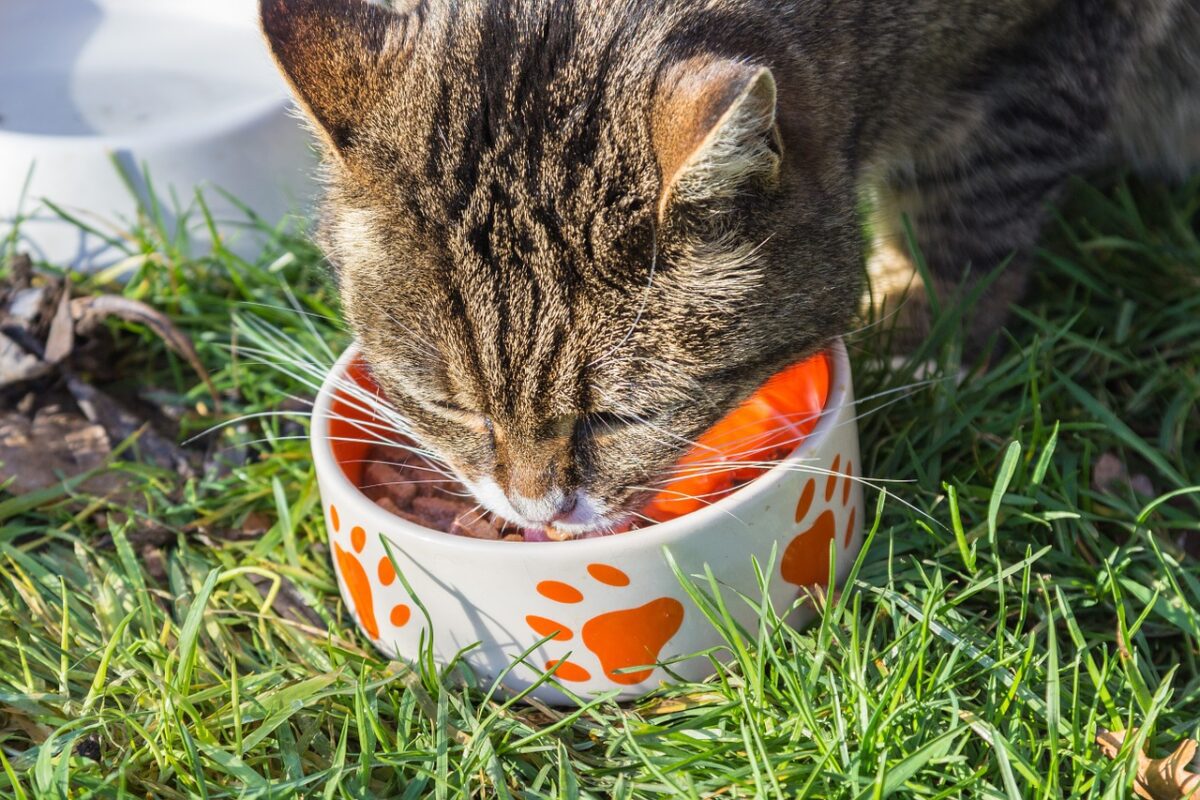A new study has uncovered alarming evidence of disease-causing microbes in commercial raw cat foods, creating health risks for both pets and their owners.
Cornell University researchers found Salmonella, Cronobacter, E. coli, and antibiotic-resistant Pseudomonas in raw or partially cooked meat products sold as frozen, refrigerated, and freeze-dried cat foods. These findings, published in Communications Biology on September 24, extend beyond the limited bacteria testing currently conducted by the FDA.
“Most of these products have no warning labels showing that the meat ingredients are not fully cooked,” said Laura Goodman, assistant professor in the Department of Public and Ecosystem Health and in the Baker Institute for Animal Health at Cornell’s College of Veterinary Medicine.
The research team detected five strains of Salmonella that were genetically similar to bacteria found in human illness cases, suggesting possible transmission from contaminated pet foods to people. Young children, elderly individuals, pregnant women, and those with weakened immune systems face the highest risk.
In addition to bacterial concerns, raw pet foods have been linked to H5N1 bird flu cases in cats. The FDA has identified specific contaminated products including RAWR Raw Cat Food Chicken Eats (lots CCS 25 077 and CCS 25 093) after a cat became severely ill and was euthanized after consuming these products. Similar cases occurred with other brands including Savage Cat Food and Wild Coast Raw Chicken Formula.
Similar Posts
The FDA now requires manufacturers of cat and dog foods using uncooked poultry or cattle materials to include H5N1 as a “known or reasonably foreseeable hazard” in their food safety plans. This follows tracking of cases in multiple states associated with contaminated food products.
The Cornell study also revealed labeling discrepancies through mitochondrial DNA fingerprinting. Some products contained chicken despite this ingredient being absent from labels – significant since chicken can carry avian influenza, which has proven deadly for cats.
Health experts recommend avoiding all poultry-based raw diets as the safest approach. High-pressure pasteurized raw diets pose lower but still non-zero risk. Cat owners should seek immediate veterinary care if pets develop respiratory issues, neurological symptoms, or severe illness after consuming raw food.
For those handling pet foods, proper hygiene is crucial. People should thoroughly wash hands after touching any pet food products and sanitize all contact surfaces to prevent potential transmission.
The study also found that Clostridium perfringens, a bacteria that can cause food poisoning, was highly associated with the microbiomes of freeze-dried cat treats and coated kibble.
For pet owners who want safer alternatives, experts recommend fully cooked or pasteurized pet foods that eliminate these dangerous pathogens while still providing proper nutrition.



















